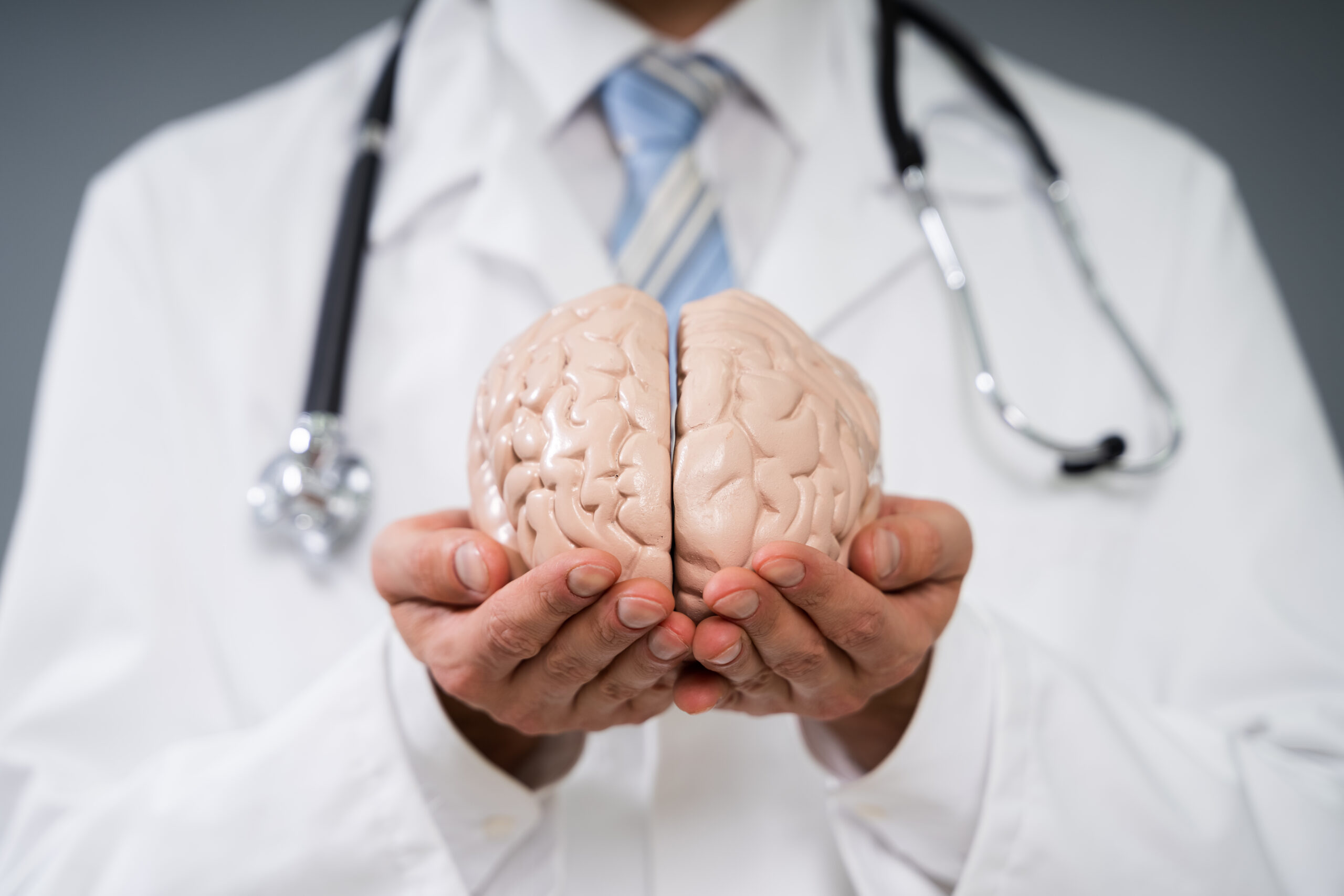Could your favorite pasta dish be secretly sabotaging your mental well-being?
At a Glance
- Gluten consumption may be linked to depression and anxiety.
- Individuals with celiac disease or NCGS are particularly affected.
- The gut-brain axis may explain gluten’s impact on mental health.
- Managing gluten-related disorders requires a multidisciplinary approach.
Understanding Gluten’s Role in Mental Health
Gluten is a protein found in wheat, barley, and rye, and for centuries, it’s been a staple in our diets thanks to its structural benefits in baked goods. But beyond its culinary charm, gluten has a darker side for some. Research now suggests that gluten consumption may be linked to a variety of psychological symptoms, including depression and anxiety, particularly in those with celiac disease or non-celiac gluten sensitivity (NCGS). This revelation is backed by studies highlighting gluten’s potential role in neuropsychiatric symptoms, bringing the gut-brain axis into the spotlight.
Bread and pasta may be to blame for your depression and fatigue — and could even cause schizophrenia https://t.co/2VdGMR1qtK pic.twitter.com/vAxIkQG1zB
— New York Post (@nypost) July 24, 2025
The spectrum of gluten-related disorders now includes celiac disease, wheat allergy, and NCGS, affecting millions worldwide. While the prevalence of celiac disease stands at about 1% of the US population, NCGS might affect up to 6%. The psychological impact of living with dietary restrictions is also gaining attention, as it can significantly affect mental health. Historically, diet and mental health have been linked, but only recently has gluten been systematically studied for its potential psychiatric effects.
Can Non-Celiac Gluten Sensitivity Cause Anxiety Or Depression? – Pain Medicine Network
The Key Players in the Gluten-Mental Health Connection
Patients with celiac disease and NCGS are at the heart of this issue, experiencing both physical and psychological symptoms. Healthcare providers, including gastroenterologists and psychiatrists, play a crucial role in their diagnosis and management. Researchers are diving deep into gluten’s effects on mental health, exploring the gut-brain axis, while advocacy organizations raise awareness and support research initiatives. The food industry, responding to consumer demand and health trends, is expanding the gluten-free product market, while regulatory agencies ensure proper food labeling and safety standards.
Patients depend on healthcare providers for guidance, but advocacy groups are instrumental in education and policy changes. Meanwhile, scientific findings and consumer advocacy drive the food industry, leading to a broader availability of gluten-free options. Medical professionals and researchers shape clinical guidelines, while advocacy organizations influence public policy and awareness. Regulatory agencies also play a key role in enforcing labeling and safety standards.
Current Developments and Research Insights
Recent studies confirm that individuals with celiac disease and NCGS experience higher rates of depression, anxiety, and fatigue compared to the general population. Additionally, research suggests that inflammation from gluten exposure may extend beyond the gut, affecting brain function via the gut-brain axis. Interestingly, while some studies show that a gluten-free diet can alleviate psychological symptoms, others report persistent issues, potentially due to the stress of dietary management.
Experts now emphasize the importance of mental health screening for celiac patients and recommend considering celiac testing for patients with unexplained psychiatric symptoms, particularly when accompanied by gastrointestinal complaints. The scientific consensus acknowledges a link between gluten-related disorders and mental health, but the exact mechanisms remain under investigation. Areas of active research include the gut microbiome, immune response, and nutrient malabsorption.









